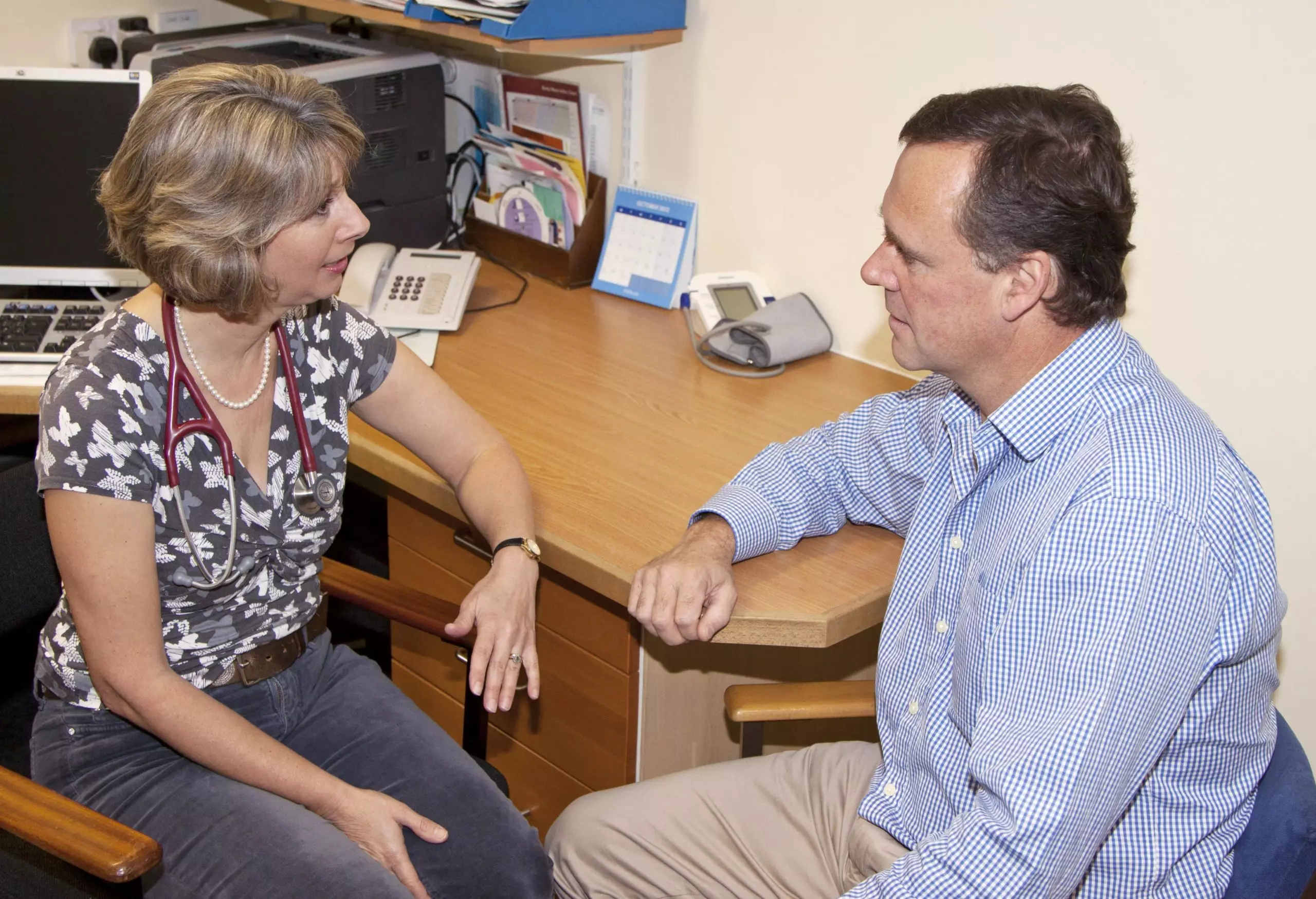
LIFE IN VIEW/SCIENCE PHOTO LIBRARY
Ministers have questioned the value of the national screening programme for people in England aged 40-74 years.
In a report on national health screening published on 29 October 2014, the House of Commons science and technology committee says that the NHS Health Check, introduced in 2009, was brought in without a robust evidence base.
The report suggests that the health check programme represents poor policy and may not achieve its intended aims. “The NHS Health Check programme may have suffered in this manner,” the report says. The committee expressed fears that it could be a waste of resources.
Community pharmacist and former member of the Royal Pharmaceutical Society’s English Pharmacy Board, Graham Phillips, believes that health checks are valuable if they are properly implemented. “The problem with the NHS Health Check isn’t the checks – the checks are valid, but the implementation wasn’t thought through.”
Phillips says that the programme’s emphasis is on illness, rather than on public health and that it fails to “engage people in their own health before they become ill”.
The head of NHS services at the Pharmaceutical Services Negotiating Committee, Alastair Buxton, said that community pharmacists were among those commissioned to deliver the NHS Health Check, and those who saw value in the service for patients would be disappointed if screening was stopped.
“Any health screening or other service must be evidence-based and properly evaluated, but we do believe that lifestyle interventions backed up by advice and public health support in community pharmacies could be of value to the health service,” he says. “This need to increase preventive action and public health was highlighted as a key priority in the recently published ‘NHS five year forward view’.”
The science and technology committee says that health screening programmes in general have a “positive” public image and come with high expectations from the public on what they can deliver.
The MPs say that there is a need for “high quality” information for patients so they can make an informed choice about being screened.
They also want to see the UK’s National Screening Committee improve its processes for reviewing the evidence base for new screening programmes.
The MPs also say the committee’s official status and its relationship with Public Health England is “ambiguous” and needs to be clarified. MPs are concerned that the UK National Screening Committee does not have scientific advisory committee status and has not adopted their code of practice.
References

